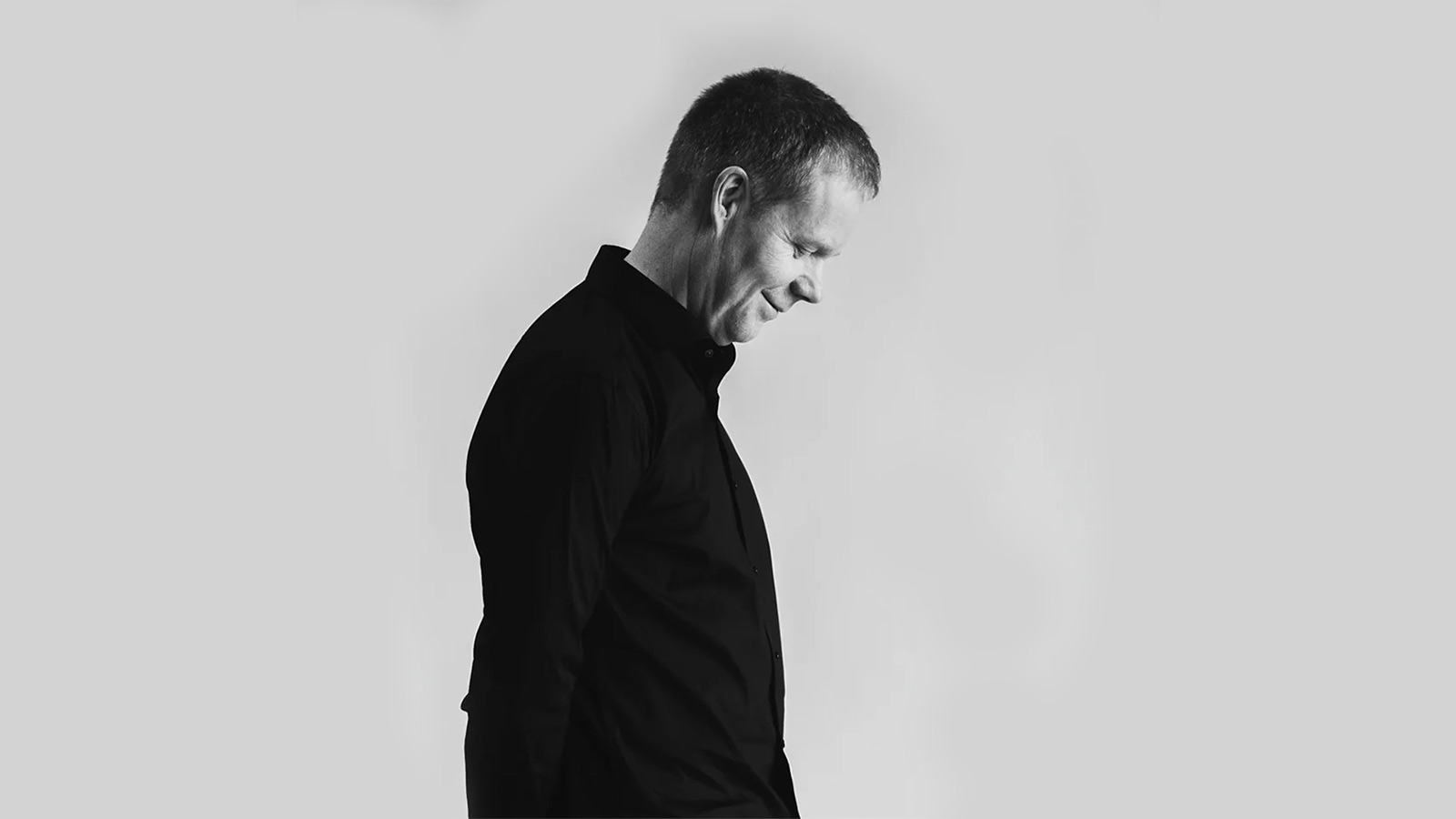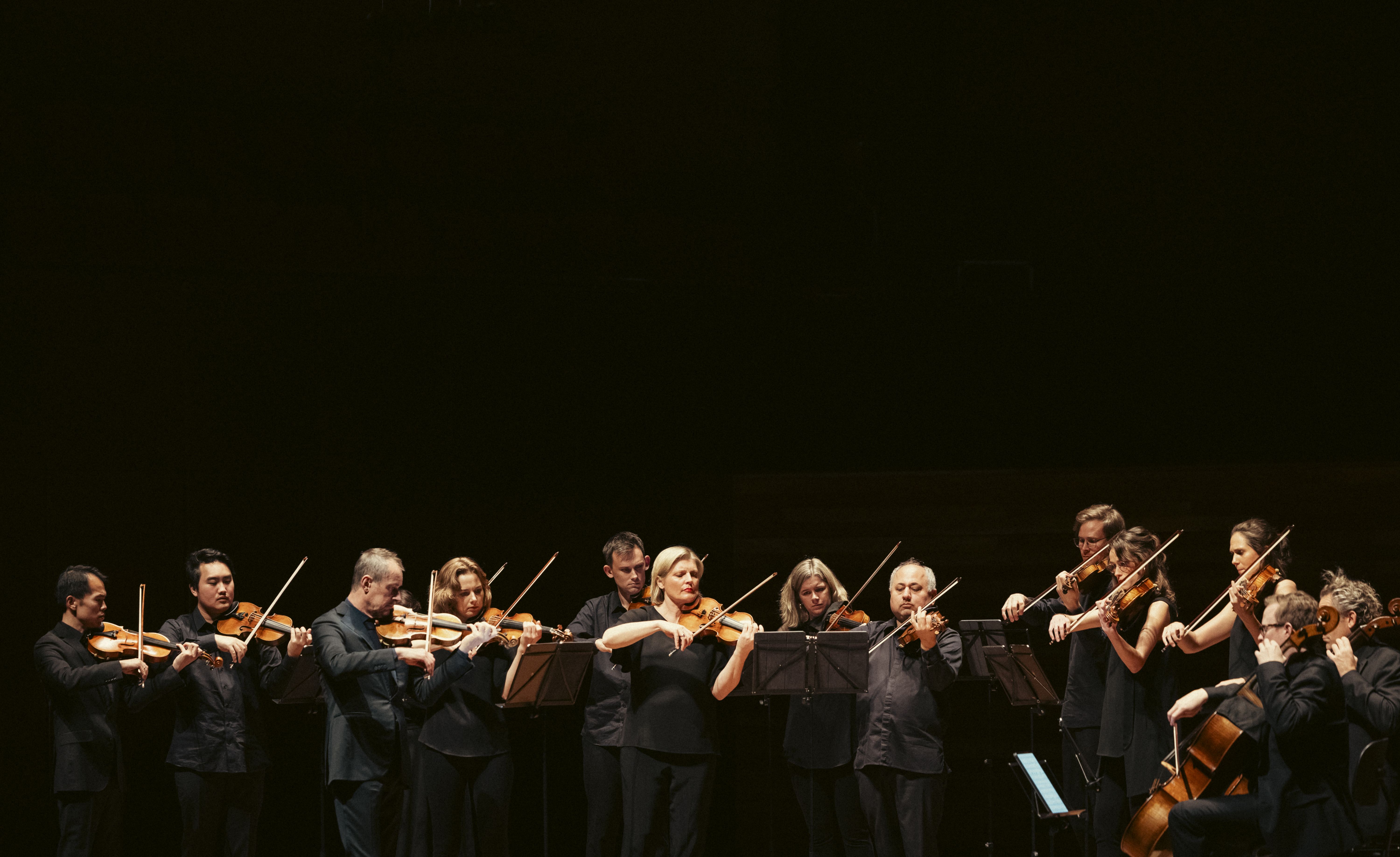
By Rosie Pentreath
Max Richter is a rare composer revered by classical music aficionados and people with no prior music knowledge alike.
Like that of Arvo Pärt, Valentine Silvestrov, Pēteris Vasks and the like, his music strives for simplicity and feeling, over atonal intellectualism and complexity-for-complexity’s-sake. And like those composers, Richter with his music seems to transcend the mundanity of daily life, and awaken in us something deeper, more connected and utterly profound.
Born in Germany, Richter is a British composer, famous for projects like Sleep, which invited audience to experience a soothing work over eight hours at night to escape the ‘whirlwind of life’, Voices, inspired by the Universal Declaration of Human Rights, and his ‘recomposed’ version of Vivaldi’s Four Seasons, which has been used for many TV and film soundtracks.
Richter studied composition and the piano at the University of Edinburgh, and then at the Royal Academy of Music, before learning directly with modernist master Luciano Berio in Italy. His contemporary classical ensemble Piano Circus for a decade championed existing and commissioned works by the best living composers working today, including Julia Wolf, Arvo Pärt and Philip Glass, and Richter has also produced numerous solo works, collaborations and music for film and television.
Here are some of the most popular, acclaimed and evocative Richter works so far
1. On The Nature of Daylight
2. Vladimir’s Blues
3. Sleep
4. Recomposed by Max Richter: The Four Seasons
5. Voices
6. Perihelion
Hear Max Richter's On The Nature of Daylight in our upcoming tour, A Musical Awakening, touring 4–21 September. Click here to book tickets, and view venues and dates.
Photo: Jennifer McCord
